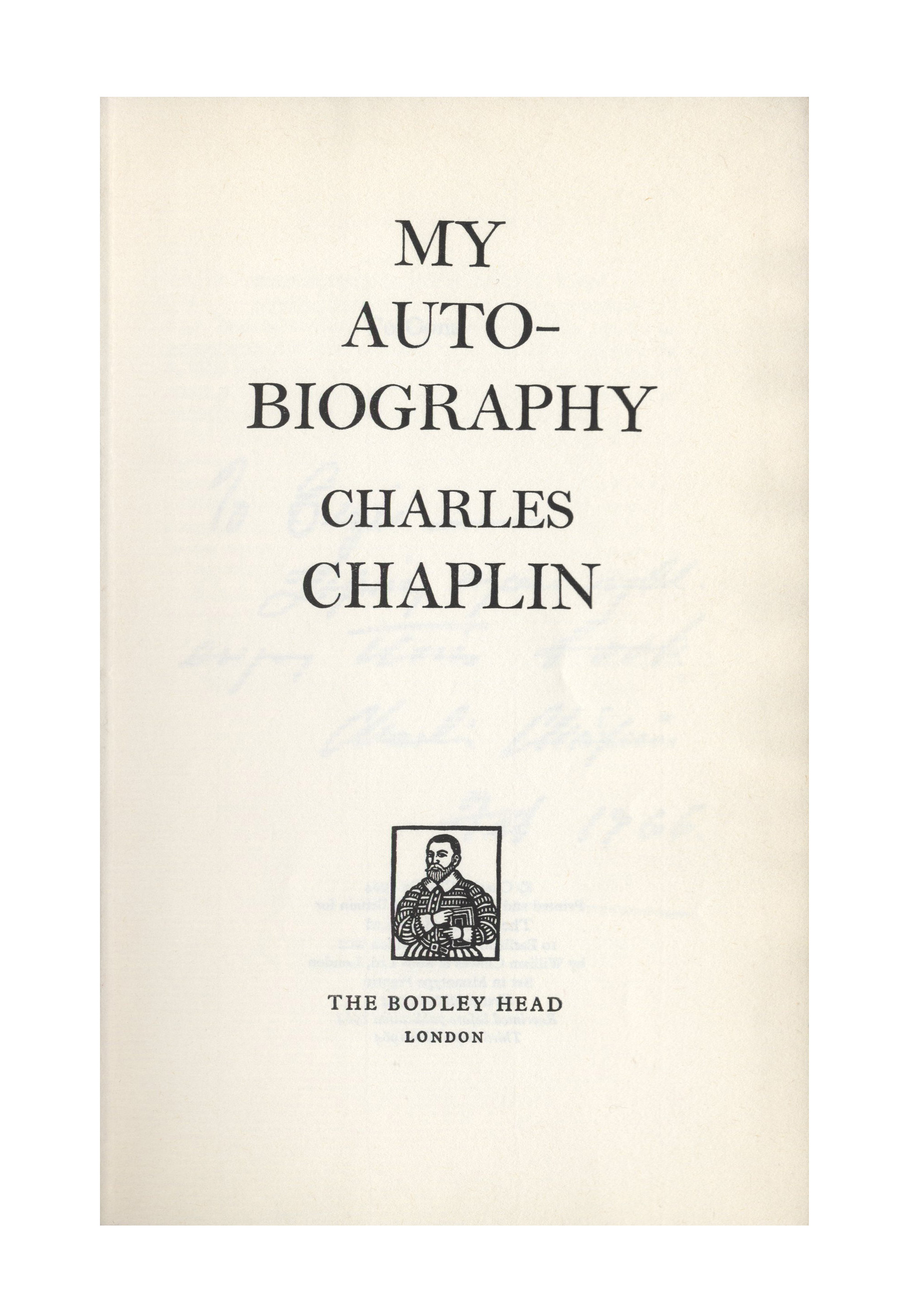
The judicial system in America exacerbated him further in the matter of his income tax. Chaplin fought bitterly in the courts and eventually lost. “You are the one artist of the theater who will go down in American history as having aroused the political antagonism of the whole nation.”Īlso, by that time, there was a considerable tohu‐bohu about a paternity suit Mr. Nor, when American public opinion turned against him, was he inordinately cheered by his friend Lion Feuchtwanger's humorous comment: Chaplin went back to his butlered and chauffeured command post in California and brooded about that. When, to take the most conspicuous example, he got up before American audiences in 1942 and clamored for the opening of a second front (7,000 miles away) to relieve Stalin after the Nazi‐Soviet honeymoon ended, he couldn't understand why British and United States soldiers were not forthwith ordered to storm Fortress Europa's barricades, whether the troops were ready or not.

In the light of his own immensely solvent celebrity, it was quite natural for him to believe that his demands should be heeded by the world at large. “Chaplin is no businessman-all he knows is that he can't take anything less”-than his lofty demands. And the great Goldwyn, watching him amass his millions, put the matter succinctly: “I was considered the biggest drawing card in the country,” he himself said when he and Mary Pickford and Douglas Fairbanks were forming their triumvirate. Chaplin himself was gradually becoming a great dictator, though those around him could have told us as much. Most of us, I think, would rather hear more about the glorious yesterdays we vicariously shared with him when we sat enthralled before the pantomimic genius of his Keystone films, other small reelers, and then the poignant comic wonder of “Shoulder Arms,” “The Kid,” “The Gold Rush,” “City Lights, “Modern Times” and “The Great Dictator.” Do these inevitable propinquities of fame enhance his story? No, not really.

Chaplin with Sir Winston Churchill with Bernard Shaw and Lady Astor with Chou En‐lai and Ramsay MacDonald and Einstein and Heifetz and Gandhi and Casals and the man who, he tells us, impressed him most of all - William Randolph Hearst.Īnd what you might call this pictorial form of name dropping is lavishly amplified throughout the book, richly bound in black and gold.

The whole book is got up like a De Mille spectacular.

Chaplin's autobiography is that it is stupendously verbose. $6.95.ĪGLORY of Charlie Chaplin's immortal little tramp on the screen was that he was superbly silent.


 0 kommentar(er)
0 kommentar(er)
